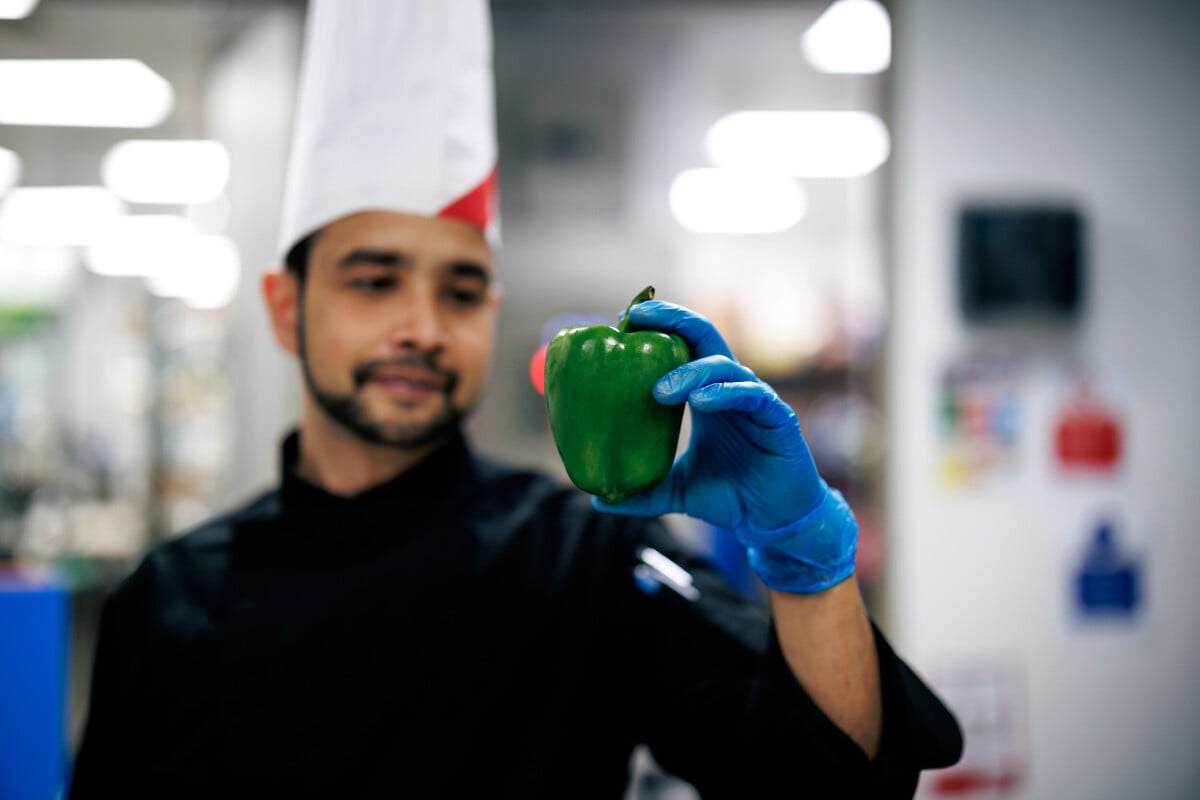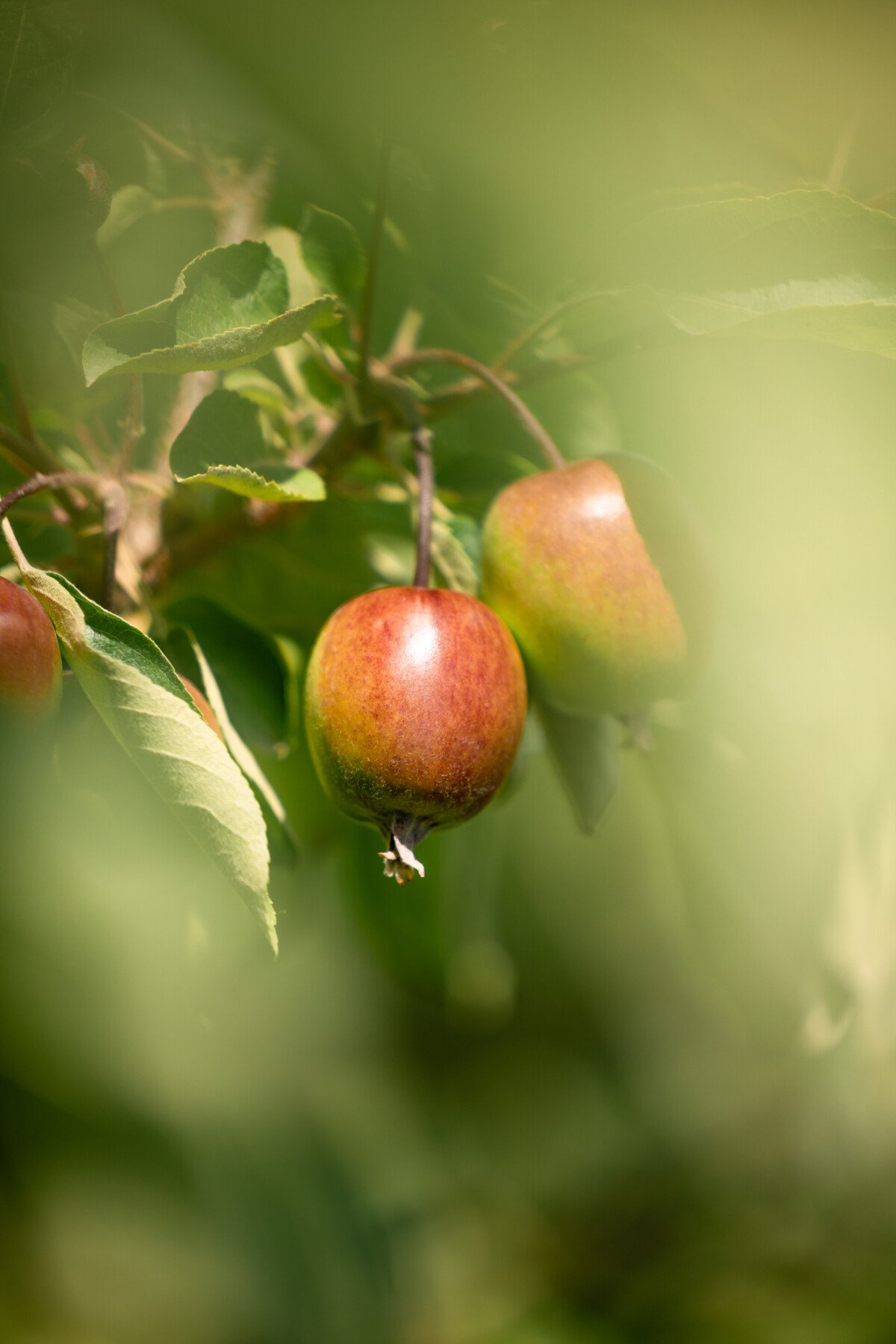
Our impact on the environment
Our commitments to a responsible culture, carbon reduction and sustainable resource usage drive positive change for our clients, communities and planet
Managing our environmental impact
As an employer, we embed environmental responsibility into our operations and ensure every team member is educated and trained on sustainability as part of our dedication to nurture our planet. Our journey as a service provider targets a 34% reduction in carbon emissions by 2025 on our way to Net Zero emissions by 2040, underlining our efforts to source responsibly and manage resources effectively. As corporate citizens, we're set on cutting food waste by 50% at sites crucial to our operations, highlighting our commitment to sustainable resource usage.
